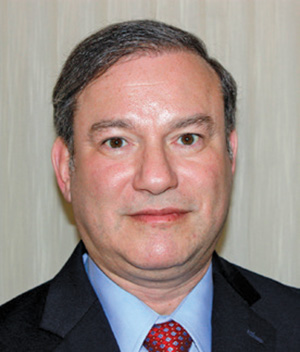
There are times in life when we struggle to find meaning in the face of tragedy. For example, why do bad people sometimes seem to prosper while good people, otherwise, seem to sometimes suffer? Often, life events defy logic and do not follow the natural, rational course we would typically expect. In this week’s parsha of Chukat we are similarly introduced to the concept of a “chok.” Chukim are decrees that the Torah asks us to perform even though they defy logic and rational understanding.
The prime example of a chok is that of the laws of the para aduma, the red heifer. If a person became ritually impure (“tamei meit”) by coming into contact with a dead body, they could become ritually purified by being sprinkled by the water of the para aduma. Paradoxically, the person preparing the waters of the para aduma became ritually impure in the process.
In Kohelet (7:23), King Solomon stated that he understood all of the Torah except for the concept of the para aduma. It made no sense to him. The Gemara (Yoma 14a) similarly recounts a discussion between R’ Akiva and the rabbis where they make the point that the mysterious concept of the para aduma defied logic.
There is a midrash that states that in the Messianic era, Hashem will finally explain the mystery of the para aduma. What is the lesson to be learned, however, in the meantime?
The commentary Be’er Yosef suggested that the reason why the rationale of the para aduma was withheld for now was to teach us the following lesson: In life, there are events that will occur that are inexplicable. We will never be able to understand them. We will come across things that are paradoxes, things that seem to have no rhyme or reason. Yet, we must learn to live with these events and accept them.
R’ Frand points out that in the time of the Temple the laws of the para aduma became practical when a person unfortunately had to deal with the death of a loved one or even attended a funeral. Coming into contact with a dead body had relevance because one could not eat sacrificial meats, eat ma’aser or travel to certain places in Jerusalem until they became ritually tahor. The para aduma ceremony took place many times a year, possibly daily. The Jew would walk in “tamei” (spiritually unclean) and walk out “tahor” (spiritually cleansed) while the kohen would walk in tahor and walk out tamei. While it made no sense, the Jew would be exposed and get accustomed to the paradoxes of life at a time when they had to deal with death.
The Gemara (Pesachim 50a) tells us that in the World to Come we will no longer make the Baruch Dayan HaEmet blessing. Instead, we will only make the blessing Hatov V’hameitiv on everything. Rashi explains that in the future there will no longer be any bad news because by then we will have understood that even the bad news is actually good. By then we will have learned the reason for the para aduma.
May Hashem bless us, until then, so that we mostly hear besoros tovos (good tidings) and may He help us accept the other twists and turns on the highway of life.
By Rabbi Dr. Avi Kuperberg
Rabbi Dr. Avi Kuperberg is a forensic, clinical psychologist in private practice. He is president of the Chai Riders Motorcycle Club of NY/NJ. He leads the Summit Avenue Shabbos Gemara shiur and minyan in Fair Lawn, NJ, and is a member of the International Rabbinical Society. He can be reached at [email protected].










